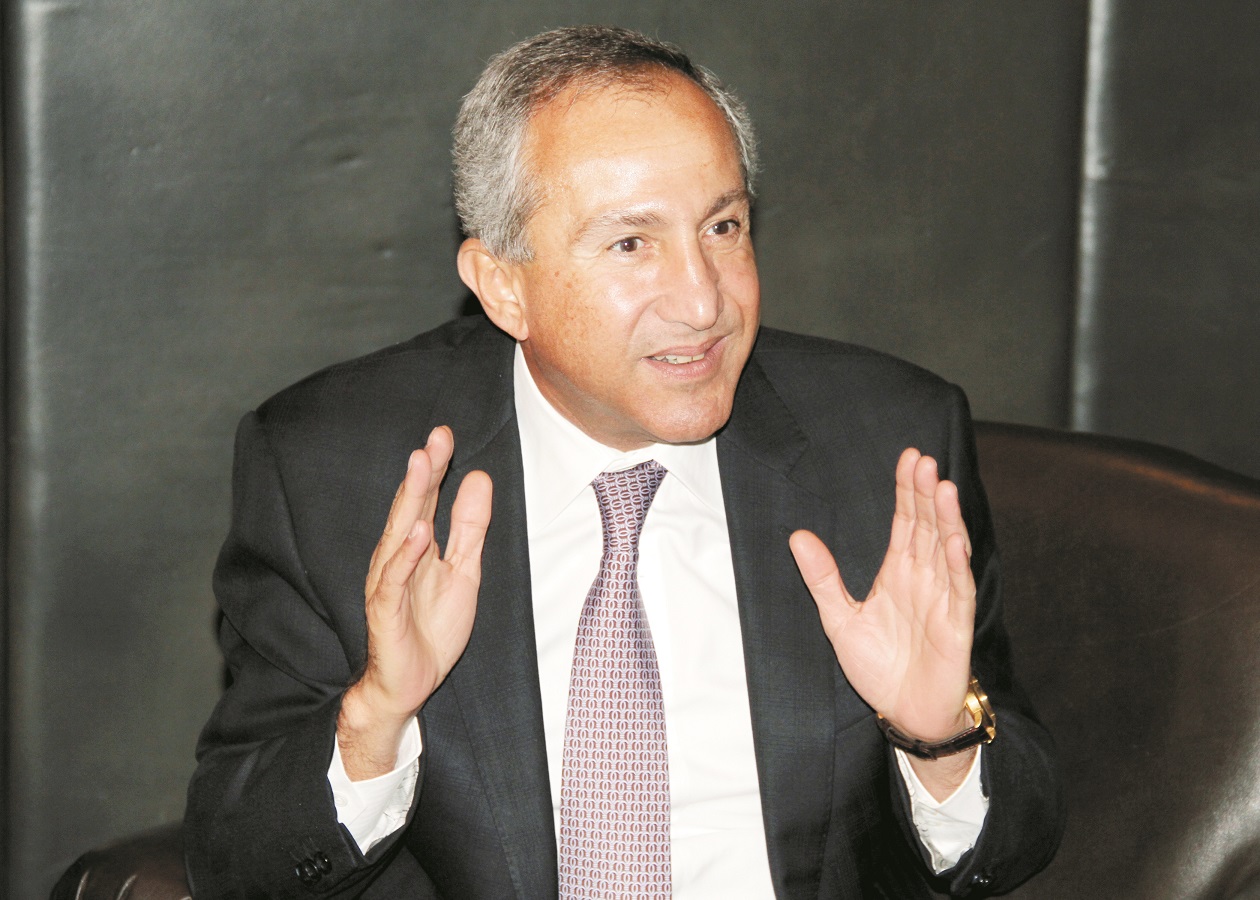Egypt’s Minister of Planning, Economic Development and International Cooperation, Rania A. Al-Mashat, met with World Bank Country Director for Egypt, Yemen, and Djibouti, Stephane Guimbert, on Tuesday to discuss expanding the strategic partnership between the two institutions.
The meeting, which followed the formation of the new Egyptian cabinet, aimed to review the ongoing development cooperation portfolio and discuss future programs in light of the new government’s focus on economic development, private sector empowerment, and human capital investment.
“This meeting focused on strengthening our strategic partnership with the World Bank Group,” said Al-Mashat. “We are committed to achieving comprehensive economic development, enhancing the competitiveness of the Egyptian economy, and empowering the private sector.”
Al-Mashat highlighted the importance of the country partnership framework (CPF) with the World Bank, one of Egypt’s largest multilateral development partners. She noted the successful implementation of numerous joint programs and projects across various sectors.
The two sides reviewed the implementation of the CPF between Egypt and the World Bank for 2023-2027, which targets three main priorities: supporting an enabling environment for investments and increasing private sector participation in development; improving investment in human capital; and enhancing resilience and macroeconomic management while supporting the green transition.
Al-Mashat highlighted the importance of programs and projects being implemented with the World Bank Group, including investment services for the government’s offering program, the strategy for encouraging foreign direct investment, the industrial development strategy, the social protection program (Takaful wa Karama), and the Climate Resilient Agri-Food Transformation project (CRAFT).
Al-Mashat and Guimbert discussed the ongoing development cooperation portfolio, totaling approximately $5.4 billion for 12 development projects in various sectors, including sustainable infrastructure, education, health, local development, social protection, and the green transition. They also reviewed the geographical distribution of these projects across various governorates to ensure comprehensive and sustainable development.
Future programs and projects discussed included the Climate Resilient Agri-Food Transformation project (CRAFT) under the “NWFE” program, preparations for the World Bank’s technical mission to Egypt this September, and maximizing the private sector’s role in investment through the State Ownership Policy Document.
Al-Mashat affirmed that the Ministry of Planning, Economic Development, and International Cooperation will continue its ongoing collaboration with the World Bank Group concerning the Joint Capital Market Program (J-CAP) to attract private capital in Egypt, enhance financial market liquidity, and develop the local ecosystem to become a regional hub for carbon markets.



